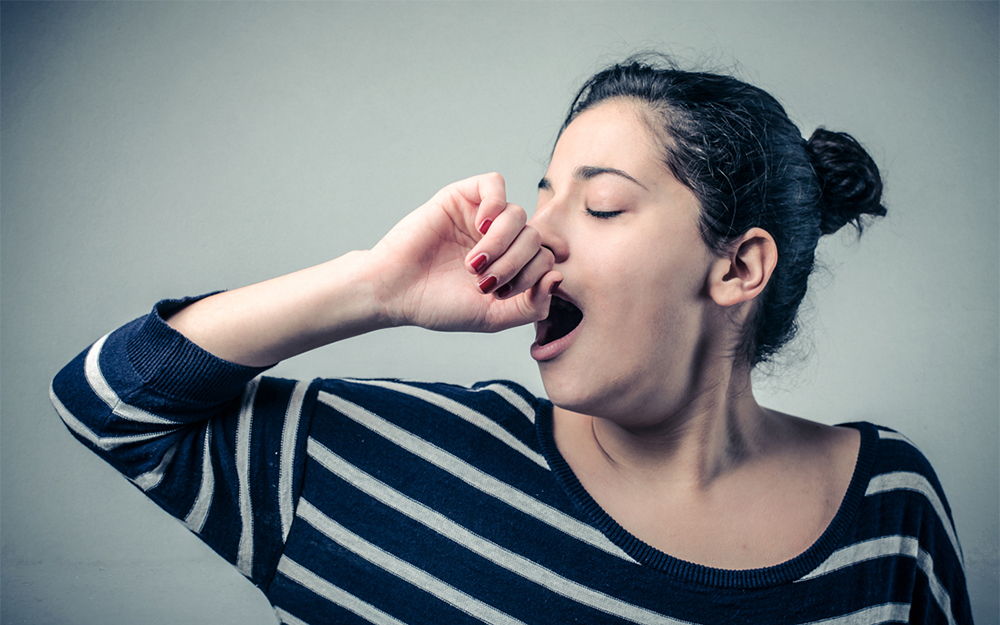
BY DR PETER KADILE
It seems like everyone has been getting sick with the cold or flu. A big part of treating illness or preventing it is to get adequate rest. But if you have had difficulty sleeping, what can you do to get a good night’s sleep? Sleep medication is only meant for short term use. Lifestyle modification is essential in training yourself to go to sleep without the use of medication.
- Falling asleep at the same time every night is key, so go to bed at the same time every night. Having different bedtimes interrupts our internal body clock’s ability to regulate healthy sleep patterns. Try to maintain the same schedule even on weekends.
- Drinking alcohol before bed is not a good idea. While alcohol can cause drowsiness, it does not lead to restful sleep and will generally cause a person to awaken in the middle of night, not to mention having to awaken to go to the bathroom to urinate.
- You should also avoid caffeinated beverages, soft drinks and sports drinks before you go to bed. Limit water intake during the evening to avoid having to get up in the middle of the night to go to the bathroom.
- Avoid watching television, reading emails or checking your Facebook on your smart phone or tablet before you go to bed. The screens on these devices emit a blue light which suppresses the release of melatonin. Melatonin is the hormone that makes you fall asleep, thus if you suppress it you are preventing yourself from falling asleep.
- Create a dark and cool environment which is conducive for sleeping. According to research from Harvard Medical School, when your body starts to relax for sleep, it will drop a few degrees in body temperature. This “cooling” of the body helps you enter and stay in REM (rapid eye movement/ deep sleep). Help your body fall asleep faster and drop your bedroom temperature a few degrees when you go to bed.
- Daydreaming while lying in bed can actually help you fall asleep faster. According to recent findings in Behavior Research and Therapy, people who picture relaxing scenes drift off to sleep faster than people who don’t. Try not to think about stressful and negative thoughts, go to your happy place.
- Melatonin is a natural hormone supplement that can assist with sleep. It is not meant to be like a traditional “sleeping pill”. Melatonin is naturally produced in your brain and tells your body that it’s nighttime and time to go to bed and sleep. It works best for frequent travelers, shift workers or anyone that knows they are going to have a major shift in their sleep schedule.
Unlike sleeping pills, the higher the dosage of melatonin does not necessarily improve one’s sleep. I typically see over the counter dosages of melatonin ranging from 3mg to 10mg. Patients will frequently complain to me that they have taken the maximum available dosage and still have difficulty sleeping. The widely available over the counter doses are way too high. Melatonin should actually be started at the lowest possible dose, I recommend starting at 0.3mg to 1mg. Higher doses of melatonin may actually disrupt sleep and may also cause headaches, nausea, dizziness, or irritability.










































